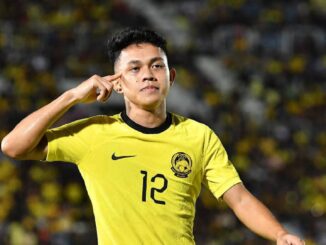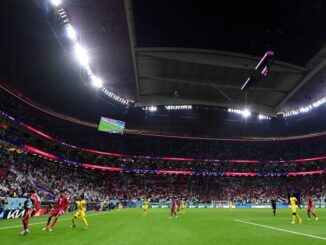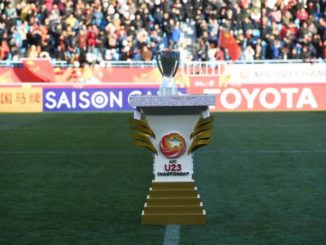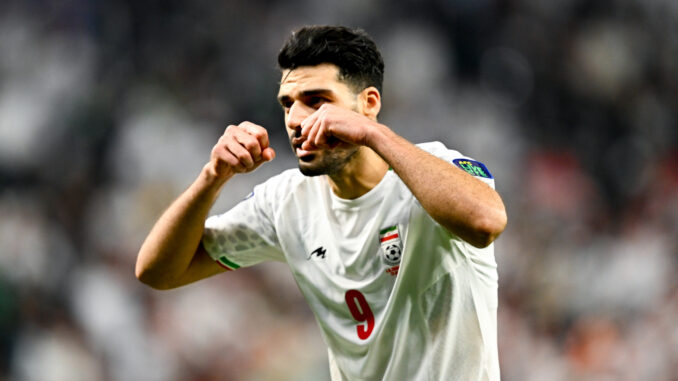
Iran is one of the three teams to win all three of their matches in the group stage of the AFC Asian Cup, but Team Melli’s performances did not reflect that of a team that could make it all the way to the final.
Amir Ghalenoei’s side defeated Palestine, Hong Kong and UAE, but in all three matches there were slips and errors that left Iranian fans fearful for the knockout stages and matches against stronger opposition.
Iran has obvious problems in the defensive third, and were it not for the inexperience of Hong Kong and UAE’s strikers, Iran may not have won these two matches. As expected, Team Melli prefers to play out from the back with patient build-up, but under pressure from the opponents’ attacking players, Iran’s defenders and defensive midfielders are very error-prone.
They easily miss the ball in dangerous areas, giving the opposing side the chance to reach Iran’s box with just two or three passes. Additionally, there is a significant gap between Iran’s defenders and attackers in the middle of the pitch, causing problems in transition.
Deploying Saman Ghoddos alongside Saeed Ezzatollahi as a double pivot has not provided appropriate cohesion to the team. Roozbeh Cheshmi’s performance in the second match, when he played due to Ezzatollahi’s injury, was also disastrous.
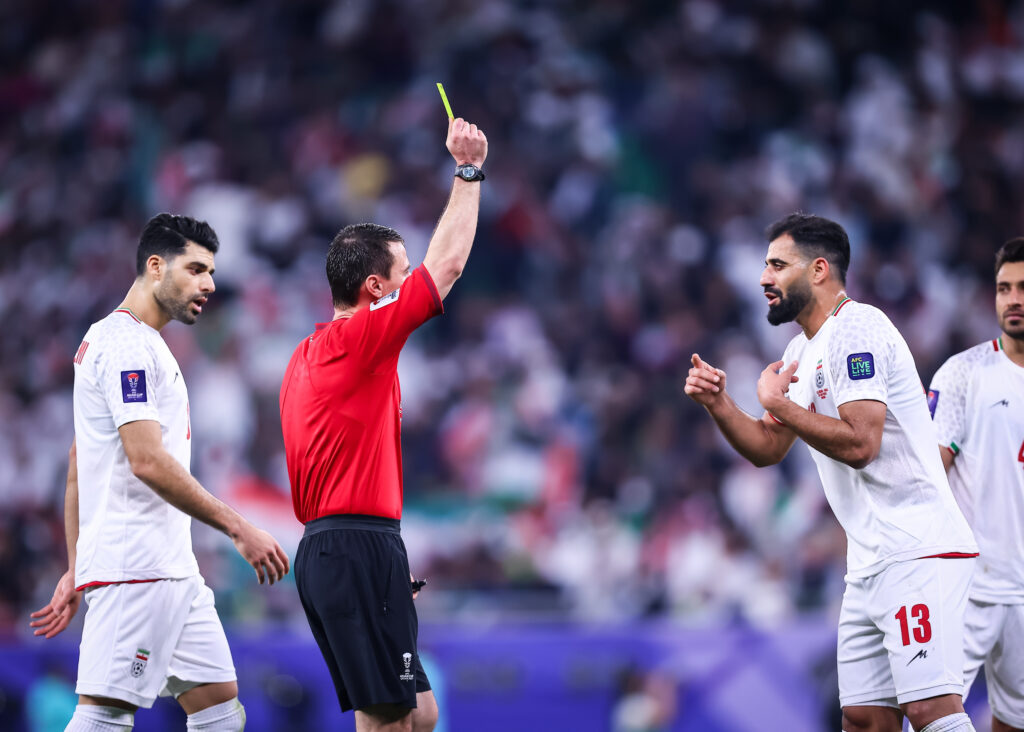
The situation, however, turned from bad to worse for Ghalenoei before the match against Syria. Mohammad Hossein Kanaanizadegan was shown a second yellow card of the group stage after giving away a penalty against UAE, thus ruling him out for the Syria game.
Meanwhile, Majid Hosseini, his replacement in the heart of the defence, is also injured. Finding a partner for Shojae Khalilzadeh is Ghalenoei’s biggest headache before the Syria clash.
Cheshmi is the main candidate, but if he struggles as he did against Hong Kong, Syria’s strikers will find chances to score.
However, this is not the only problem that to give Amir Ghalenoei a sleepless night.
Right full-back Sadegh Moharrami was injured against UAE, and will miss the rest of the tournament after he was diagnosed with having torn his anterior cruciate ligament. His replacement, Ramin Rezaeian, put in a sloppy defensive performance against UAE, and Iran conceded from the area he left behind.
Before the start of the competition, Rezaeian thought he was the first choice for the right side of the defence, but Ghalenoei preferred Moharrami. Now, the Sepahan veteran has to prove that the manager was wrong; however, what he’s shown against Hong Kong and UAE is not encouraging at all.
These deficiencies against Syria, with Argentina’s Hector Cuper on the bench, could be fatal.
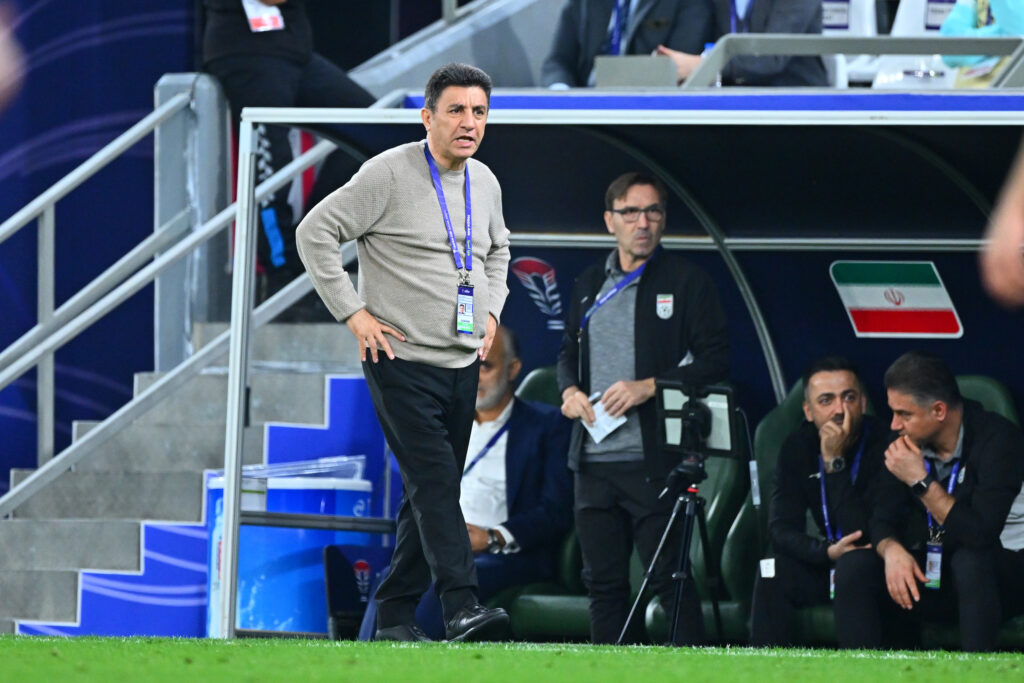
Cuper, who reached the UEFA Champions League final with Valencia twice in consecutive years at the turn of the century, is a mastermind of counterattacking football and knows how to use every inch of space that opponents leave behind in their attacks.
In his final press conference before the Syria match, Ghalenoei criticised the people who attacked him after Iran’s elimination in the 2007 Asian Cup, which led to his sacking.
However, if he can’t address this side’s problems, he should prepare himself for a much bigger attack.
Photos: Asian Football Confederation
Listen to The Asian Game Podcast LIVE from the AFC Asian Cup 2023


